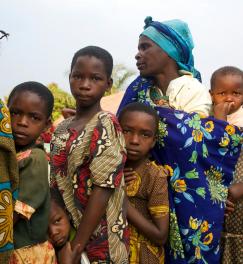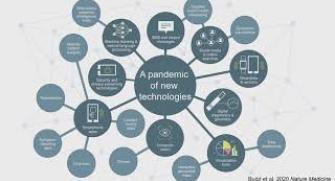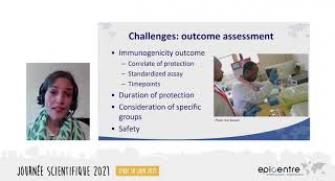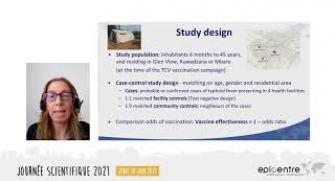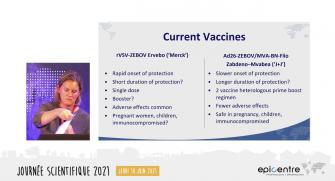Scientific Day 2021
Epidemiology, medical research, innovation: a day to take stock of the advances underway thanks to Epicentre
The next Scientific Day will take place on June 9, 2022 at the Espace Niemeyer (2 Pl. du Colonel Fabien, 75019 Paris) or live on the web.
Epicentre's Scientific Day is an opportunity to learn about current epidemiology and humanitarian research activities and projects. In 2021, the COVID-19 pandemic was the subject of a session as Epicentre has been working since the beginning to assess the situation in MSF intervention sites and in some regions of the African continent to evaluate the real incidence.
The day also provided an opportunity to review other diseases, including results on tuberculosis, antibiotic resistance, post-abortion complications, snake bites, the development of digital health innovations, and the possibilities offered by dose splitting to improve access to yellow fever vaccines.
Given the changing international healthcare landscape and the higher prevalence of chronic non-communicable diseases such as cancer, one session will be devoted to Epicentre's studies in the field of oncology, an area of MSF's developing operational policy.
Epicentre makes every effort to provide information and practical solutions to improve access to quality healthcare for populations living in unstable conditions or insufficient access to care. This objective is based on our intangible link with MSF, our experience, and our team's expertise.
Review the presentations
Session 1 | COVID-19
Moderator : Mathieu Bichet, MSF, France
- Epidemiological and medical characteristics of patients in MSF programs. Anaïs Broban | Read the abstract
- Focus on Yemen and Afghanistan. Amna Haider, Flavio Finger | Read the abstract
- Clinical description and outcome of patients admitted in the MSF COVID-19 treatment center, Herat, Afghanistan. Elisabeth Poulet | Read the abstract
- Preliminary results of SARS-COV-2 seroprevalence and retrospective mortality surveys in low-income countries (DRC, Kenya, Mali, Niger, Yemen). Etienne Gignoux | Read the abstract
- Mortality and seroprevalence of SARS-CoV-2 among general population in Omduran – Sudan. Wendelin Moser
REVIEW THE PRESENTATIONS OF THE SESSION
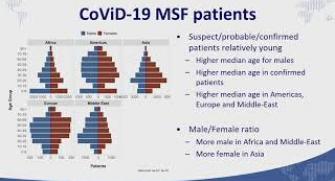
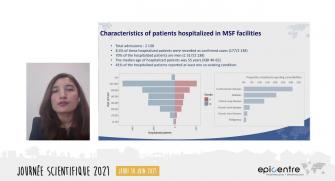
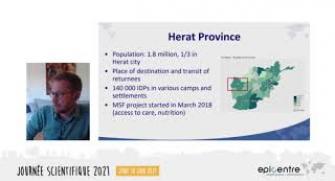
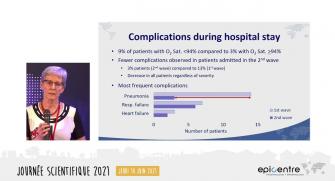
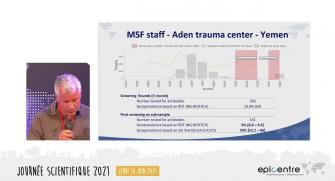
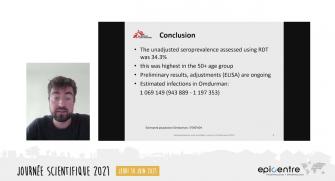
Session 2 | Cancer
Moderator: Christopher Mambula, Médecins Sans Frontières, France
- Cancer, a new challenge for MSF: example of an oncology in project in Mali. Claire Rieux, Marie-Hortense Koudika | Read the abstract
- Improved outcomes for Kaposi sarcoma using pegylated liposomal doxorubicin. Matthew Coldiron | Read the abstract
- Cervical cancer prevention in Malawi: HPV vaccination and cervical pre-cancer screening coverage.Sibylle Gerstl, Robin Nesbitt | Read the abstract
REVIEW THE PRESENTATIONS OF THE SESSION
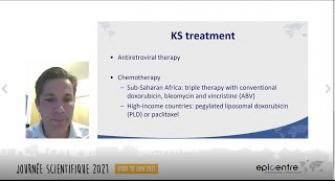
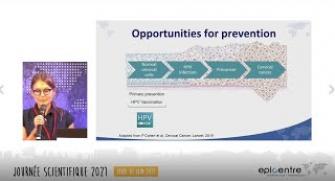
Session 3 | Update on projects
Moderator: Anne-Laure Page, WHO, Switzerland
- Diagnostic performance and feasibility of FujiLAM to detect tuberculosis. Helena Huerga, Chenai Mathabire Rücker, Pascale Lissouba | Read the abstract
- Practices and challenges related to antibiotic use in paediatrics in Niger and Uganda. Céline Langendorf | Read the abstract
REVIEW THE PRESENTATIONS OF THE SESSION
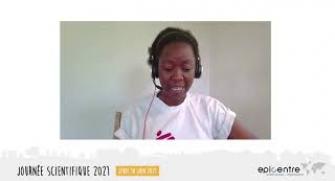
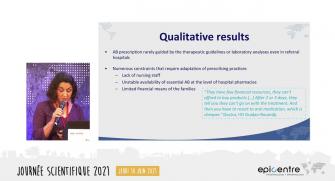
Session 4 | Digital Health Innovations
- Contribution of (new) technologies in epidemiology. Anton Camacho | Read the abstract
Session 5 | Neglected patients
Moderator: Anne Bissek, Ministry of Health, Cameroon
- Evaluation of the Inoserp antivenom for snakebites in Cameroon. Fai Karl | Read the abstract
- Validation of a clinical score for the diagnosis of Mycobacterium ulcerans (Buruli Ulcer) infection in Cameroon. Rodrigue Ntone | Read the abstract
- Abortion-related complications and their clinical management in a referral hospital of a conflict-affected setting in Central African Republic. Estelle Pasquier | Read the abstract
REVIEW THE PRESENTATIONS OF THE SESSION
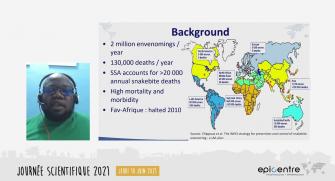
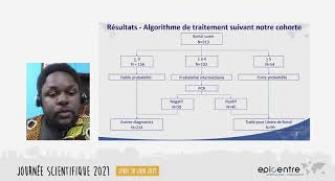
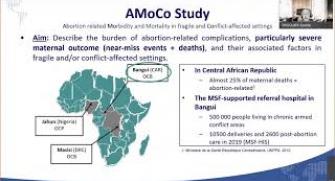
Session 5 | Vaccination
Moderator: Mamady Traoré, Médecins sans Frontières, France
- Fractional dosing of vaccines: when less could mean more. Aitana Juan | Read the abstract
- Ebola vaccination: what's the problem? Natalie Roberts | Read the abstract
- Effectiveness of conjugated typhoid fever vaccine, Harare, Zimbabwe. Maria Lightowler | Read the abstract
Abstracts
Contact us
Mission
Find out more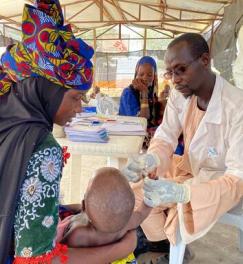
Research Center Niger
Find out more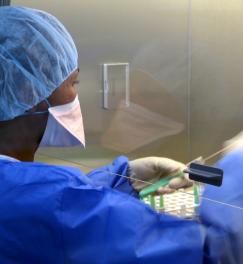
Research Center Uganda
Find out more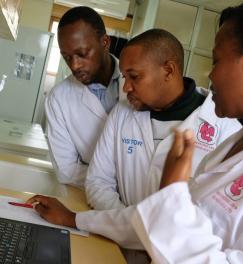
Scientific Day 2020
Find out more